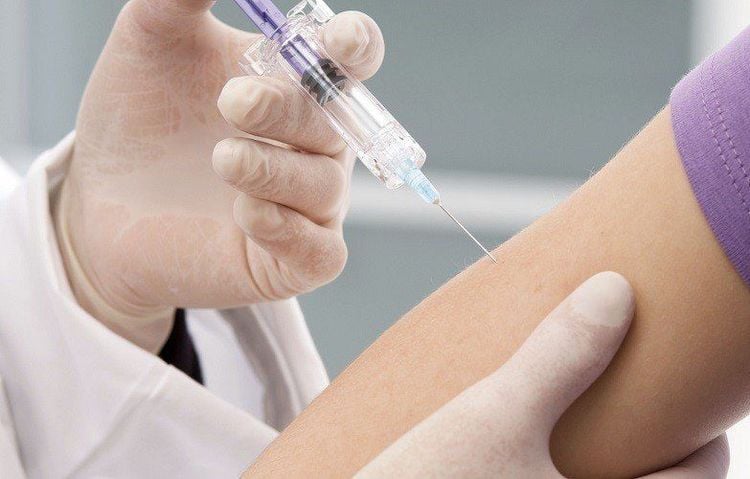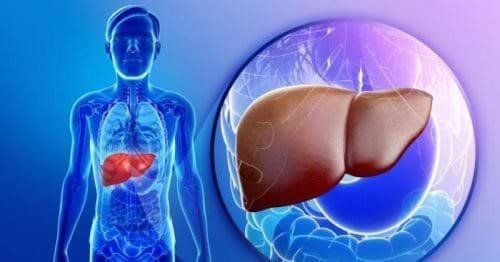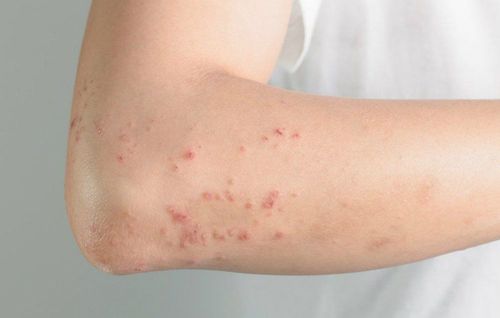This is an automatically translated article.
The article was professionally consulted by Specialist Doctor II Huynh Thi Diem Thuy - Vaccine Consultant - Pediatrics - Neonatology Department, Vinmec Central Park International General Hospital.All adults need immunizations to help them prevent and limit the spread of serious illnesses that can lead to poor health, missed work, increased Medical costs and an inability to care for a family.
1. Get a flu shot
It is recommended that all adults get a flu vaccine every year, which is especially important for people with chronic illnesses, pregnant women, and the elderly.Vaccination against diphtheria, pertussis, and tetanus: In adults, 1 booster dose of diphtheria, pertussis, and tetanus vaccine should be given every 10 years if children have had enough vaccinations. In case the child has not been vaccinated or is not fully vaccinated or can't remember whether or not, it is necessary to give 3 doses of vaccine against diphtheria, pertussis, and tetanus (2nd dose 1 month after the first dose, 3 doses after the first dose). second dose 5 months)
2. Adults from 19 to 26 years old

Tiêm vắc-xin HPV cho người dưới 26 tuổi, nếu chưa được tiêm phòng trước đó
HPV vaccination for children at 11 or 12 years of age (can be started at age 9). Get the HPV vaccine for people under the age of 26, if not previously vaccinated. In some other countries, it may be recommended that some unvaccinated adults between 27 and 45 years of age consider getting the HPV vaccine after a physician assesses the risk of HPV infection and the potential benefits. possible benefits of vaccination. HPV vaccination at this age offers less benefit, because many people are already infected with the HPV virus. Some vaccines may be recommended for adults because of special requirements related to work or school, health conditions, lifestyle, or other factors. For example, some institutions require students who want to enter colleges and universities to be vaccinated against meningitis because these subjects are at risk of contracting the disease and can spread it to other students when live in a dormitory or dormitory.
3. People aged 50 and over
In the US, 1 out of 3 people in the US will get shingles at least once in their lifetime. The risk of shingles increases as you get older, plus, more than 60% of seasonal flu-related hospitalizations occur in people 65 years of age and older.As the body ages, the immune system tends to weaken over time, putting us at higher risk of certain diseases. This is why, in addition to the seasonal flu vaccine and the Td or Tdap (tetanus, diphtheria, and pertussis) vaccine, you should also get:
Shingles vaccine, which helps protect against shingles and disease complications (recommended for healthy adults 50 years of age and older) Pneumococcal vaccine, which protects against pneumococcal disease, including lung and blood infections (recommended for all people) adults over 65 and for adults under 65 with certain chronic medical conditions)
4. Sick adults
All adults need a seasonal flu vaccine and a Td or Tdap (tetanus, diphtheria, and pertussis) vaccine, but additional vaccines may be recommended, with individual recommendations. Patients should learn more about vaccination if they have any of the following conditions:Deficiency of the spleen Type 1 and type 2 diabetes Heart disease, stroke or other cardiovascular disease HIV infection Liver disease Lung disease including asthma Kidney disease Weakened immune system Talk to your doctor or other health care professional to find out which vaccines are recommended for you based on your specific health, age, and lifestyle your body.

Người bệnh cần tìm hiểu kỹ về tiêm vắc-xin nếu có bệnh lý về gan
5. Pregnant women
If you are pregnant, there are two vaccines that are recommended for pregnant women to get during each pregnancy:Tdap vaccine (between 27 and 36 weeks of pregnancy - preferably in the early stages of pregnancy) of this time) to help fight whooping cough Get a flu shot (during flu season, October through May).
6. Medical staff
Healthcare workers are at risk of exposure to serious illnesses, especially infectious diseases. If you work directly with patients or handle infectious materials, you should get certain vaccines to reduce your chances of getting or spreading the disease. In addition to the seasonal flu vaccine and the Td or Tdap (tetanus, diphtheria, and pertussis) vaccine, you should also get:Hepatitis B Vaccine : If you have not completed the hepB vaccination schedule or If your blood test shows that you are not immune to hepatitis B, you should get 3 doses of hepatitis B vaccine (the first dose is now, the 2nd dose 1 month later, and the 3rd dose about 5 months later). calculated from the second dose). After 1-2 months from the 3rd dose, you should test again to evaluate the effectiveness of the vaccination. MMR (Measles, Mumps & Rubella) Vaccine: If you were born in 1957 or earlier and have not received the MMR vaccine, or a blood test shows you are not immune to measles, mumps and rubella, you will 2 injections of MMR are recommended, 4 weeks apart. Chickenpox: If you have not had chickenpox or if you have not had the chickenpox vaccine or a blood test shows that you are not immune to chickenpox, 2 doses of chickenpox vaccine should be given, spaced apart. 4 weeks. Meningitis : People who are regularly exposed to strains of N. meningitidis should get a dose of the meningitis vaccine.
7. Travelers

CDC khuyến cáo bạn nên tiêm một số loại vắc xin để phòng ngừa các bệnh phổ biến ở quốc gia mà bạn đang có dự định tới
Vinmec International General Hospital uses a source of high quality vaccines, of clear origin, suitable for the age to be vaccinated, ensuring safety from registration, storage to use. Before vaccination, all customers are screened before vaccination with specialist doctors to ensure the best health when vaccinated. 100% of vaccinated customers are monitored and re-evaluated before leaving. In particular, the post-vaccination monitoring room is fully equipped with emergency facilities; the team of doctors - nurses are trained in anaphylaxis emergency management to ensure timely and correct treatment when an incident occurs.
Please dial HOTLINE for more information or register for an appointment HERE. Download MyVinmec app to make appointments faster and to manage your bookings easily.
Reference source: Cdc.gov












